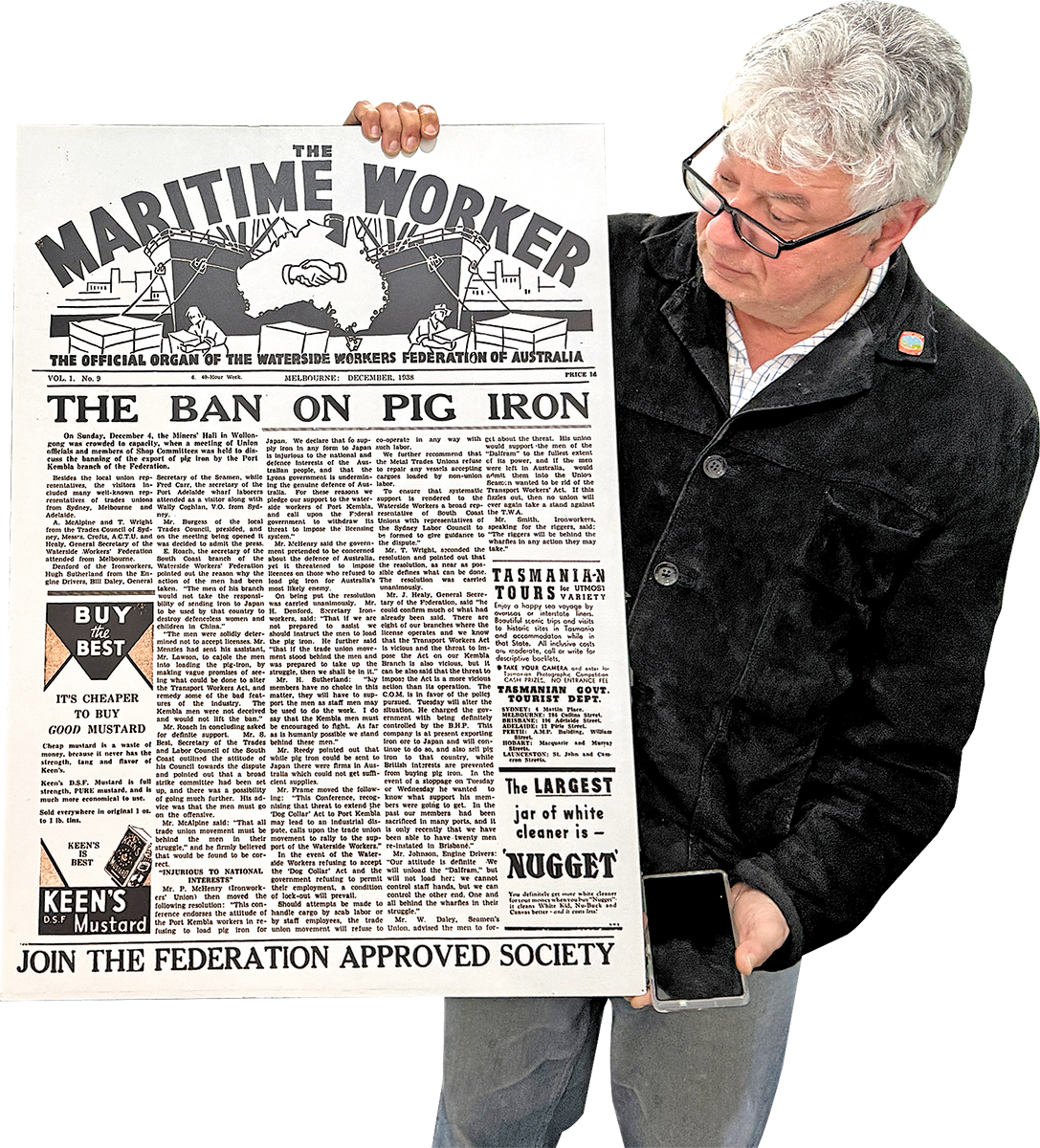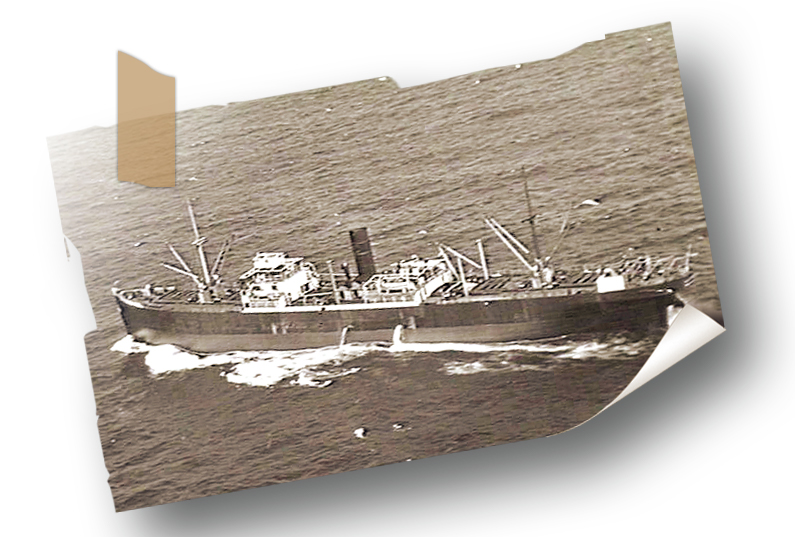
As a child, Australian Ray Gamble would hear stories about how his father had to collect scraps from the local butcher to feed fellow workers at the wharf.
"My dad, he used to talk about that hard time. ... He would get all the leftover meat for the workers to help them survive," Gamble, 69, told China Daily.
His father, Norm "Sunshine "Gamble, then 25, and his colleagues were among the 180 wharf workers at Port Kembla in Wollongong, New South Wales, Australia, who refused to load a shipment of pig iron onto the steamship SS Dalfram, bound for Japan, on Nov 15, 1938.

The workers had heard that the iron would be used to produce weapons to be used against China, which was fighting Japanese invaders.
The port protest, which became known as the Dalfram Dispute, soon involved unions and other workers in the region and beyond, stretching over 10 weeks and leading to a lockout of ships, with about 4,000 steelworkers laid off. The union action garnered support from local residents and drew national and global attention.
"My father was a very staunch unionist and they were the ones who got together and stopped the pig iron being loaded," said Gamble, who also worked in maritime services and retired two years ago.
His father died in 2002, but Gamble said his own children and younger relatives know very well this important time in the family's history. "I've explained to them what their grandfather and all the others went through; they're proud of their grandfather," he said.
微信扫描下方的二维码阅读本文

